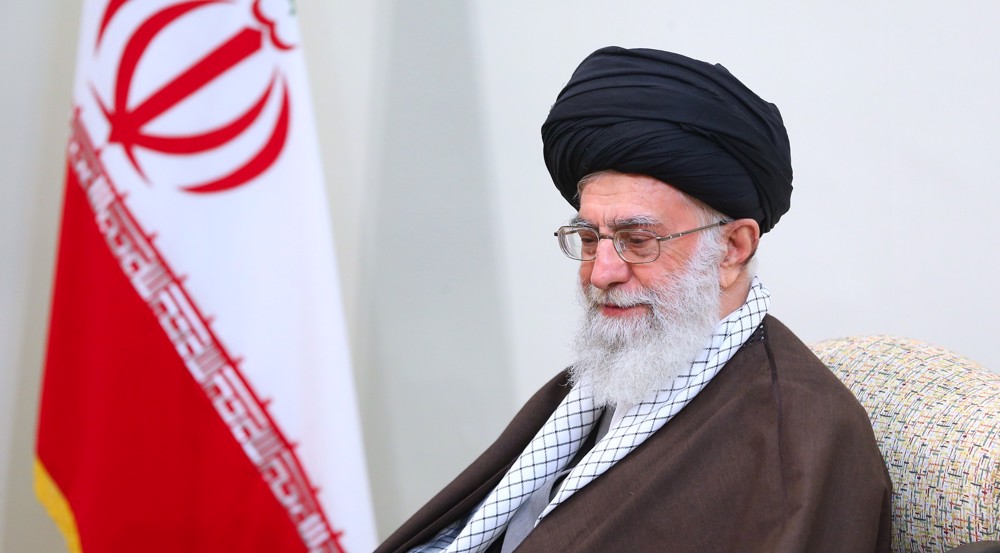Marking two Eids, Ayatollah Khamenei pardons, commutes sentences of over 2,000 prisoners
Leader of the Islamic Revolution Ayatollah Seyyed Ali Khamenei has pardoned or commuted the sentences of a large group of Iranian prisoners, marking two important Islamic festivities.
Ayatollah Khamenei on Sunday agreed to pardon or reduce the sentences of 2,272 prisoners on the occasion of Eid al-Adha (the Feast of Sacrifice) and Eid al-Ghadir, which this year fell on July 10 and 18 respectively.
The Leader’s decision came in response to a letter from Iran’s Judiciary Chief Gholamhossein Mohseni-Ejei who introduced prisoners eligible for mitigating circumstances, including those found guilty in courts of common pleas and Islamic Revolution tribunals, the Judicial Organization of the Armed Forces, and the State Discretionary Punishment Organization.
The official amnesty request was approved in line with the implementation of the 11th paragraph of the Constitution’s Article 110, which grants the Leader the right to pardon or reduce the sentences of convicts upon a recommendation from the head of the Judiciary.
Muslims traditionally celebrate Eid al-Adha, one of the most important religious festivities, with the sacrifice of animals such as sheep, rams, goats, and cattle.
The act is reminiscent of Prophet Abraham’s submission to divine order when he attempted to sacrifice his son, Ismail. Just before going on with the sacrifice, God provided Prophet Abraham with a ram to sacrifice instead, after he successfully passed the divine test.
Eid al-Ghadir, held on the 18th of the Muslim month of Dhu Al-Hijjah, is amongst the most significant feasts of Shia Muslims. On this occasion, almost 1,400 years ago, Prophet Muhammad (PBUH) appointed Imam Ali (AS) as his successor.
Iran president confident Riyadh summit can help end Israeli crimes
VIDEO | Hezbollah statement
UN calls for ‘immediate action’ as famine unfolds in north Gaza
Iran’s economy much different than in Trump's first term: CBI chief
VIDEO | Press TV's News Headlines
Five volunteer security forces killed in terrorist attack in southeast Iran
VIDEO | Sydney stands for Palestine: 400 days on, world remains indifferent
Time ripe for Israel’s expulsion from United Nations: Iran










 This makes it easy to access the Press TV website
This makes it easy to access the Press TV website